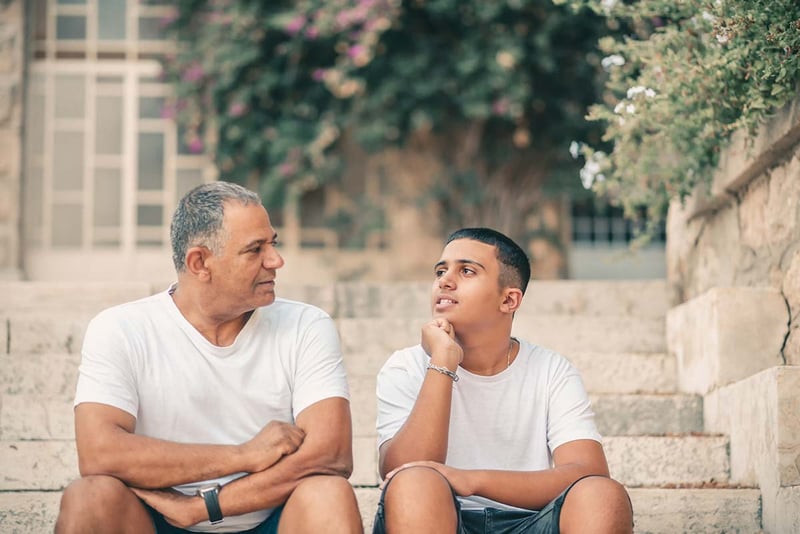How Should I Respond if My Teen Asks Me if I Have Ever Smoke Weed?

Teens can be quizzical when trying to find out dirt on their parents. One day after school, they may come home and ask, "Have you ever smoked weed before?" You may be thrown off guard with how to answer this question, although you know that you are about to embark on a matter important to communicate well with your teenager. The problem you may be up against is what if anything, how much you should share. Having this conversation may be something you dread, but some tips could help you talk about smoking weed with your teen. At Stonewater Adolescent Recovery Center, we understand how challenging it can be to navigate this type of conversation so that your teen can make better decisions when they are faced with smoking weed or not. We have a team of professionals who are available to help you when it comes to talking about drug use with your teen. Call us at
662.373.2828, and we can discuss drug use and even the
marijuana addiction treatment we offer.
Scenarios While Talking About Smoking Weed to Your Teen
When you decide to have that tough conversation with your teen about smoking weed, you may want to keep the following scenarios in mind so that you will be better prepared:- Your teen is curious about your experience with smoking weed and what it was like
- They want to know if you think smoking weed is wrong or not
- Your teen is trying to determine if they should try smoking weed or not
- They might already be smoking weed and wants to know your thoughts on it
- Your teen is upset because they think you have been smoking weed
What if You Tell Them You Haven't Used Drugs
They may come back with the rebuttal of asking how you can say that smoking weed is harmful or dangerous if you have never tried it. At this point, you can use other examples of things you know a bad idea to try so you do not. Running in front of a car or eating something they are allergic to may not have been something they have tried before, but they have seen from others those things are not a good idea. This is an excellent opportunity to give them research data to learn what marijuana and other drugs can do to their body, mind, and spirit.What if You Tell Them You Have Used Drugs
You will be able to give them your life experiences of what happened to you in your younger days with drugs and alcohol that held you back from achieving your goals, got you into trouble, or helped you decide that these substances were not good for you. There is no need to air out all of your dirty laundries, but you can share in a general way about how drugs and alcohol affected your life. On the other hand, if you lie to your teen about not smoking weed, you could lose your trustworthiness with them when they really need your input. Indicating your past mistakes could open the door for them to come to you when they have questions regarding marijuana and other risky behaviors. Being a parent can be difficult, especially when tough questions come into your conversation. You must rely on your judgment along with the guidance of others to help your teenager to move onward in the right direction.Tips on Talking About Drug Use with Your Teen
Before having that conversation with your teen, it can be helpful to consider these valuable tips when talking about drug use with your teen:- Educate yourself – Learn as much as possible about marijuana and other drugs before conversing with your teen. Educating yourself helps you be ready to answer their questions.
- Have an open mind – Be willing to listen to your teen's words without passing judgment. They may have questions or want to talk about their own drug experiences.
- Be honest – As mentioned before, being honest with your teen about your own drug experiences is essential. And can help build trust between you and your teenager.
- Set clear expectations – Let your teen know what your expectations are when it comes to drug use. This will help them understand your stance on the issue.
- Encourage them to make healthy choices – Help guide your teen to make healthy choices regarding drug use. That can include talking about the risks and dangers of drug use.

.jpg)

